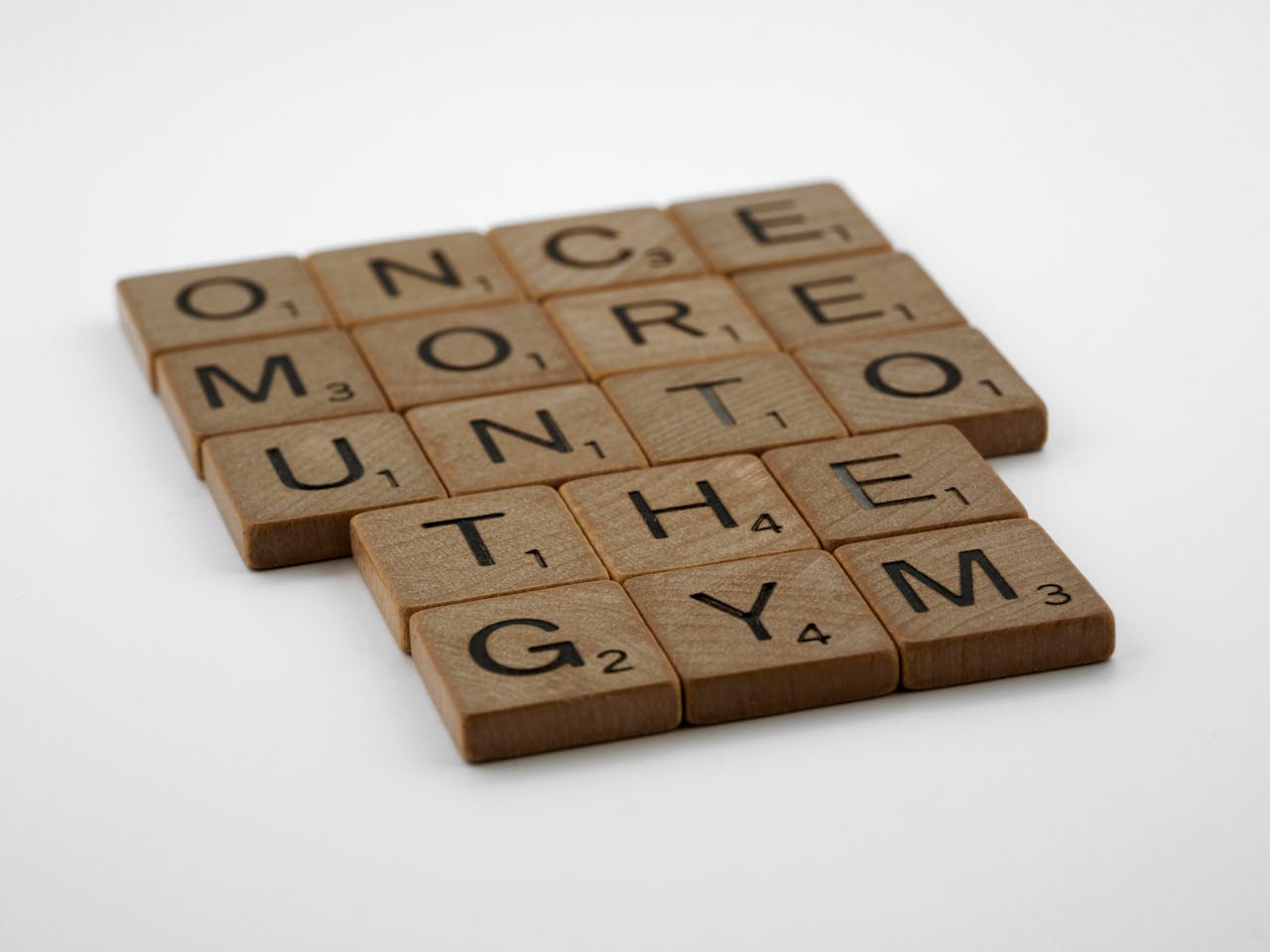
You know the feeling:
It’s Friday night and you regret the nutritional decisions you made all day. You can’t believe you ate that. You remember how fired up you were on Monday about getting back on track.
Or you get a notification that your monthly gym dues have been charged and you’re frustrated because you haven’t set foot inside the gym since last month’s dues. The 23 consecutive days you worked out in January are just a memory.
Why is it so hard to stay consistent with our good habits?
Why does our passion fade, our plans go off track, and our goals feel like they’re just wishes?
Here are three tips for improving your consistency:
1. Start smaller
You might have some big goals, so you decide to make some big changes. No more breakfasts, intermittent fasting instead. No more coffee, just water instead. Cardio in the morning, then back to the gym to lift after work. But the bigger the changes to your lifestyle, the smaller your chances of making it a habit. I
nstead, start with small changes. A tiny habit can be developed into a bigger one later. Instead of eliminating breakfast entirely, try switching to some fresh fruit or yogurt. Instead of cutting out coffee entirely, just cut back. Instead of two-a-days at the gym, try stringing together 4 straight weeks of 3x per week. After it’s a habit, add to it. You’ll be more likely to keep it up.
2. Accountability
With social media, it’s easy to broadcast your health and fitness decisions to a huge audience. But consistency comes from accountability, not an audience. Instead of posting perfectly-lit photos of your quinoa salad, text one trusted friend about your lifestyle changes. One person who is paying attention, especially if you have asked them in advance for their assistance, is far better than a thousand “friends” on social media who see your post among a sea of others.
3. Journal
When you make smaller changes, you’re less likely to see dramatic results, but your are far more likely to see long-lasting results. But these results might come from unexpected places. Your new gym habit might not strip off the fat as rapidly as you hoped, but it might improve your sleep. Drinking more water might not pep you up as much as energy drinks, but your skin might clear up.
The only way to know the real impact of your fitness decisions is to track as many things as you can. And the best way to do that is with a daily journal entry. I like a blank paper journal and a pen, but I’ve seen people have great success with more complicated journals (like the selection from Clever Fox) on with a digital tracker. Try a few different journal options until you find one that works for you.
To conclude, health and fitness is not a quick fix, but a life-long journey. Start small, get some accountability, and start a journal and your chances of seeing long-term success will increase dramatically. Your Friday nights and Monday mornings won’t be as different, your gym dues won’t be a shameful reminder of your lapsed commitment, and you will experience a new energy that comes from doing what you say you will do.



